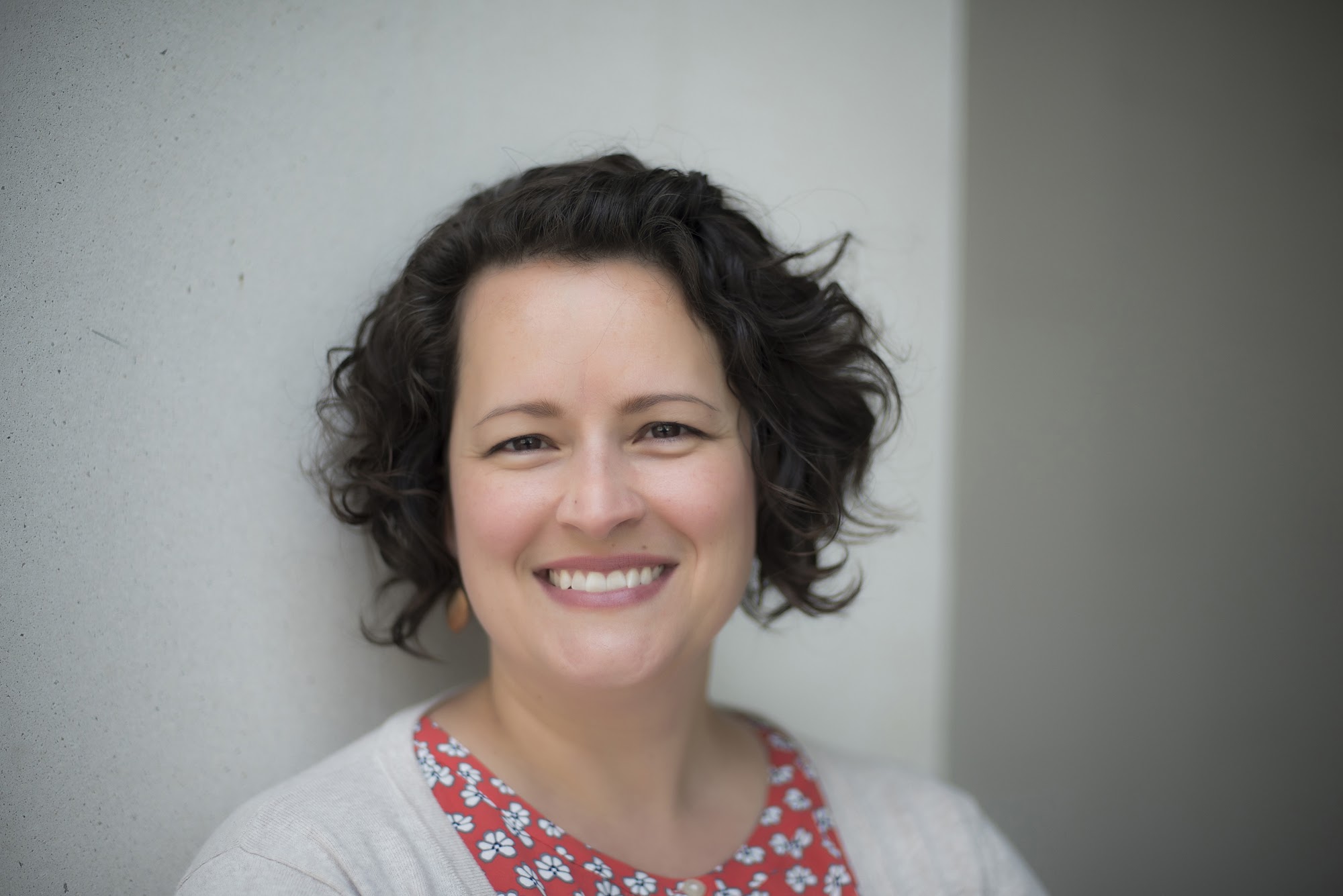Meet the Dashboard: Becky Ofrane, Manager of Engagement and Partnerships
Jun. 19, 2019
Samantha Breslin

We're excited to introduce the City Health Dashboard's newest team member, Becky Ofrane. Becky joins the Dashboard as our new Manager of Engagement and Partnerships bringing over ten years of healthcare, public health, federal and non-profit experience.
CHDB: You’re not new to the public health sector but your experience seems pretty diverse; your degree is in engineering, you’ve worked in government and smaller nonprofits. Can you tell us a little bit about your background and how it informs your work/outlook?
BO: This could get long, I’ve been out of school for a bit… After working in medical device development right out of my undergrad in biochemical engineering, I felt that a lot of the healthcare and pharma industry was about treating symptoms of disease that could be prevented through other behavioral and social/cultural methods. That led me to a Master’s in public health, particularly a focus on non-communicable disease and environmental health. At the Environmental Protection Agency, I became very engaged with Environmental Justice programs, and building equity into everything we touched. When you consider redlining and its long impact on minority neighborhoods, combined with industrial zoning and associated poor air quality, unequal access to parks and transportation, and the current health implications of these historical decisions, there is so much work to be done. I somehow ended up in this world of civic data and data-for-good… it’s not what I expected when I got a degree in engineering, but it makes sense looking back.
CHDB: You clearly have a unique perspective. What excites you about the City Health Dashboard and its mission?
BO: I’ve had a pretty strong focus on the NY/NJ metro area for a lot of my career, and I’m excited to better serve other cities and regions across the country, particularly smaller cities and more rural areas that just don’t have access to this broad data lens that the Dashboard provides. State and local health agencies can have a huge impact on resident health and well-being, and understanding the full context of what is contributing to health is very powerful.
CHDB: You have a lot of experience working with data platforms and community health. Where do you see the future of tools like ours?
BO: With experience in developing or using EPA data tools, Measure of America’s powerful data visualizations and now the incredibly comprehensive City Health Dashboard, for me it’s all about empowering citizens and organizations that serve residents – liberating the data. When an engaged citizen can see for herself just how many polluters are within 3 miles of her home, or that the asthma rate in her neighborhood is higher than the rest of the city, or that her city has high neighborhood racial segregation, it leads to understanding, collaboration, advocacy and change. With the growth of open data portals and public data more generally, tools like the Dashboard – that help make sense of all this data and show geographic context at a glance – will become more and more valuable.
CHDB: Right now you’re working on developing sustainable partnerships for our platform, a key focus of ours for year 2 (and beyond). What are your goals for this role and how do you see partnerships advancing the Dashboard’s goals, more generally?
**BO:**Tools are only useful when they are being used (that goes for hammers and data dashboards). While we’ve had great uptake and user rates since launching, I’m hoping to leverage my work in public-private partnerships and community-based collaborations to build out new services and custom Dashboard functionality. Doing this within an academic institution means we have to be very thoughtful about engagement. We’re not simply releasing data as an academic exercise – this team is committed to generating applied research. With cities at all different levels of data literacy, I’m excited about the opportunity to connect communities together and have a measurable impact on health disparities all over the country.
CHDB: What would be your ideal metric to add to the Dashboard (if it isn’t included already!)?
BO: Maternal morbidity and mortality! The racial disparities in maternal mortality are shocking, but we have not been collecting data in a standardized way to make productive headway nationally. Progress is coming, with more researchers and collaborations forming every day. But until we close the gap and lower maternal morbidity and mortality for all women, it is a shameful reminder of our overall lack of support and understanding of women’s health throughout pregnancy and childbirth. In another life, I would be a doula incorporating exposure reduction and health risk screening into pre-natal home visits along with supporting labor and post-natal health.
CHDB: Finally, tell us something that will let us get to know you outside of your work experience and interests. Any interesting hobbies or talents?
BO: I’m a musician, I’ve played the violin since the age of 4 and it’s still my favorite escape. I also love seeing live music of any kind, and traveling to places where I can learn new local customs and flavors, especially cooking and dancing. But in reality, I spend most of my free time exploring Jersey City with my kids (ages 3 and 6), which isn’t so bad.